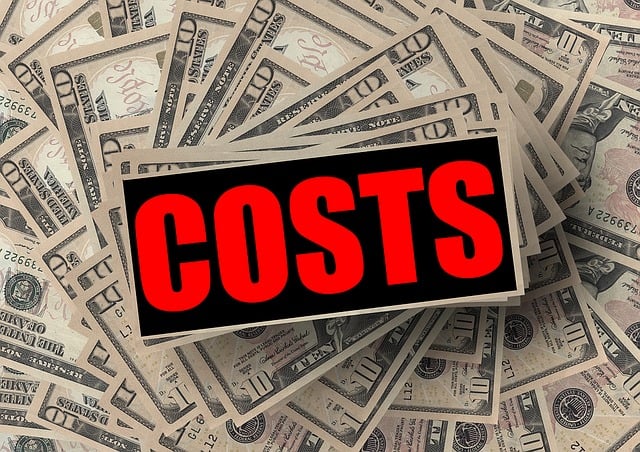Understanding and managing emergency charges is crucial for homeowners facing unexpected major repairs. Regularly set aside funds for an emergency fund, research average repair costs in your area, and explore financing options like home equity loans/lines of credit (with potential tax benefits), 0% interest credit cards, or personal loans from banks/credit unions. Strategically plan and budget to balance immediate financial demands with long-term stability, focusing on responsible financial management for future maintenance and strengthened financial foundation.
When facing major repair costs, understanding your financing options is crucial. Unexpected repairs can bring about substantial emergency charges, significantly impacting your finances. This comprehensive guide explores various strategies to navigate these challenges, from grasping the intricacies of emergency charges to discovering suitable financing alternatives. By employing strategic planning and effective budgeting, you can maintain long-term financial health even after unexpected repairs.
- Understanding Emergency Charges: What to Expect and How They Impact Your Finances
- Exploring Financing Options for Major Repairs: A Comprehensive Guide
- Strategic Planning: Tips for Effective Budgeting and Long-Term Financial Health After Repairs
Understanding Emergency Charges: What to Expect and How They Impact Your Finances

When faced with unexpected major repairs, understanding emergency charges is crucial for navigating your finances effectively. These sudden, often unwelcome expenses can catch homeowners off guard, but knowledge is power. Familiarize yourself with what typically constitutes an emergency charge—unforeseen issues like burst pipes, electrical failures, or roof damage that require immediate attention. Being prepared mentally and financially can help reduce the strain these events cause.
Emergency charges impact your finances in several ways. Firstly, they are usually urgent, leaving little time for budgeting or savings allocation. Secondly, these costs often exceed typical maintenance expenses, stretching your budget. To manage these charges effectively, consider setting aside a small portion of your income regularly for an emergency fund. Additionally, understanding the average cost of common repairs in your area can give you a baseline for what to expect during an emergency.
Exploring Financing Options for Major Repairs: A Comprehensive Guide

When facing major repair costs, exploring financing options can provide much-needed relief during stressful times. Emergency charges for unexpected repairs can be a financial burden, but there are several strategies to navigate these challenges. This comprehensive guide aims to demystify the process and empower homeowners to make informed decisions.
One popular option is home equity loans or lines of credit, which utilize your property as collateral. These offer flexibility in repayment terms and potential tax benefits. Additionally, credit cards with promotional periods of 0% interest on purchases can cover emergency charges, but careful budgeting is essential to avoid high-interest rates down the line. For larger repairs, consider personal loans from banks or credit unions, which often have more reasonable interest rates than credit cards. Exploring these financing options allows you to focus on restoration and peace of mind while managing your finances effectively.
Strategic Planning: Tips for Effective Budgeting and Long-Term Financial Health After Repairs

After determining the scope and cost of necessary repairs, strategic planning is crucial for managing both immediate financial needs and long-term financial health. Start by evaluating your current budget and creating a detailed plan to cover emergency charges associated with the repairs. Allocate funds specifically for these unexpected costs to avoid overextending other essential expenses.
Consider implementing a savings strategy or exploring financing options tailored to your situation, such as home equity loans or credit cards with low-interest rates. Prioritizing responsible financial management during and after major repairs ensures you’re prepared for future maintenance needs and cultivates a stable financial foundation.






